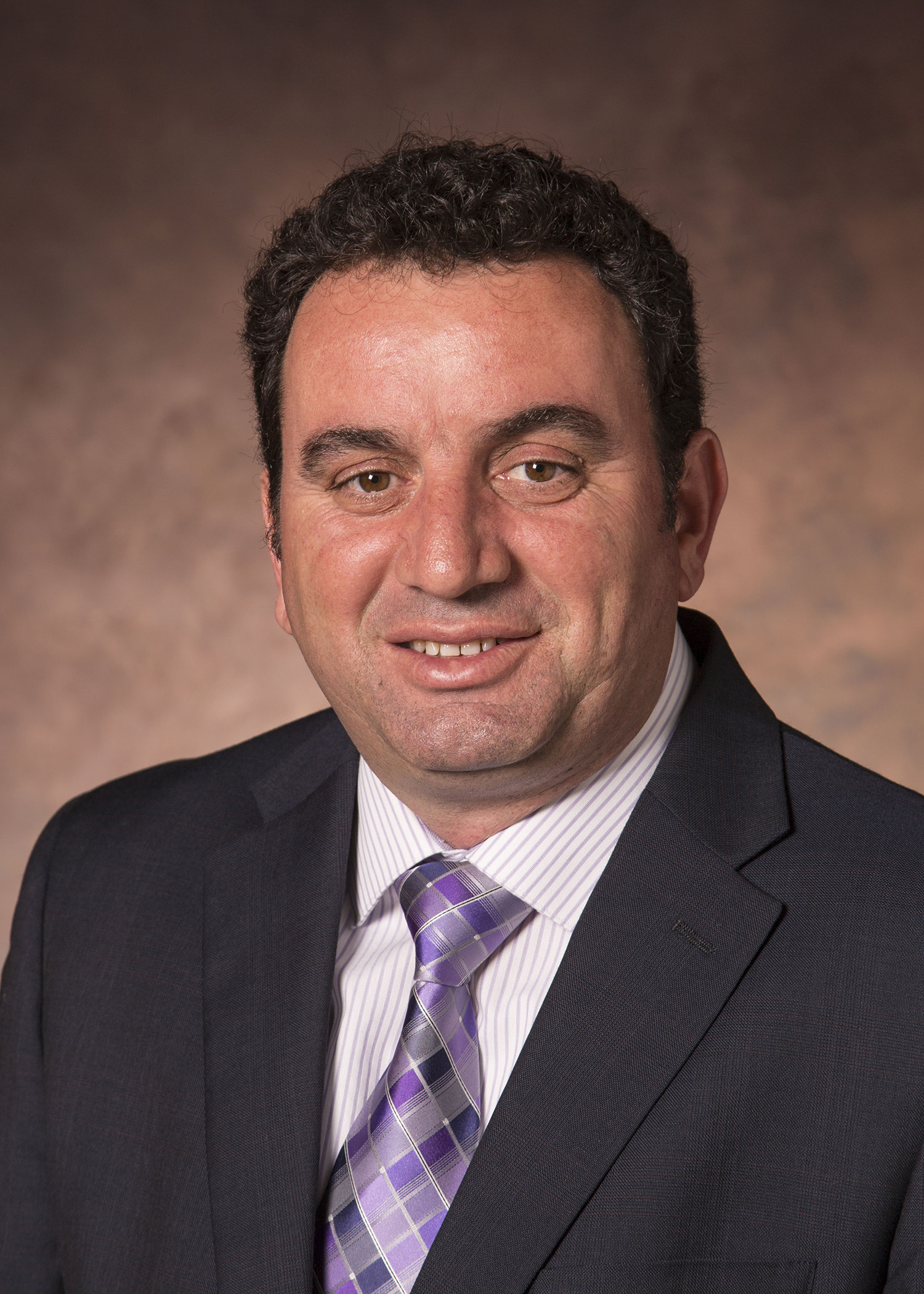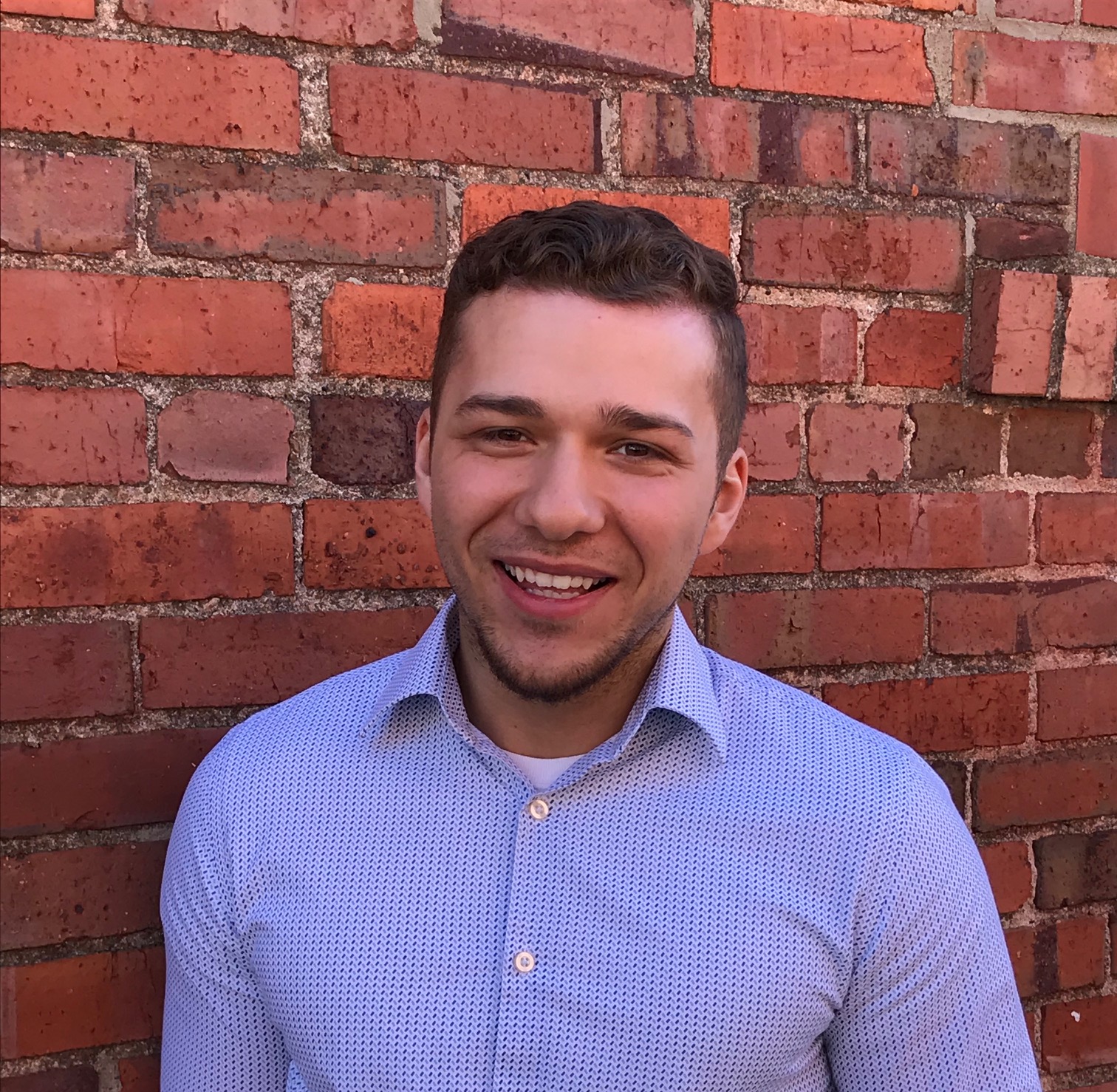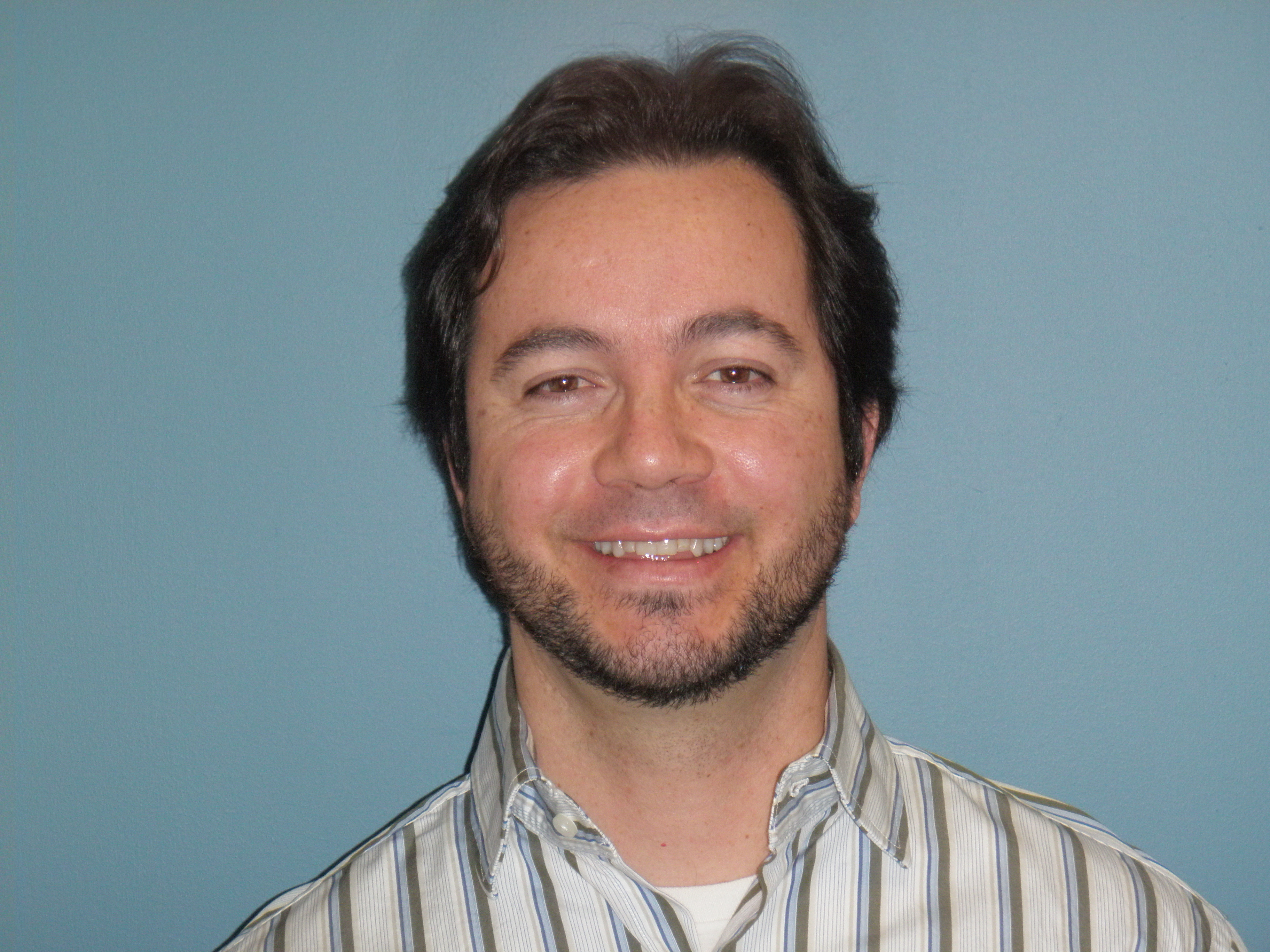Social & Emotional Loneliness Among Individuals with Substance Use Disorders
Speaker(s):
Presentation: According to Hawkley and Caccioppo (2010), loneliness is defined as a distressing feeling that accompanies the perception that one’s social needs are not being met by the quantity or especially the quality of one’s social relationships. Furthermore, emotional loneliness is the perceived feeling of separation or lack of emotional connection with others. Given these definitions, the proposed presentation is set to examine the results of a study investigating how social and emotional loneliness impacts the recovery process for those who struggle with substance use disorders. The proposed presentation will also examine the impact of social and/or emotional loneliness on individuals at different stages of their recovery process. This proposed presentation may contribute to researchers and practitioners to develop a deeper understanding of loneliness as a risk factor for relapse and to develop interventions at different stages of the recovery process targeted at social connectedness and purpose.
Objectives:
- Identify social and emotional loneliness as a risk factor for those with a substance use disorder
- Measure the differences in social/emotional loneliness during different recovery stages
- Utilize research results to include treatment for social and emotional loneliness



